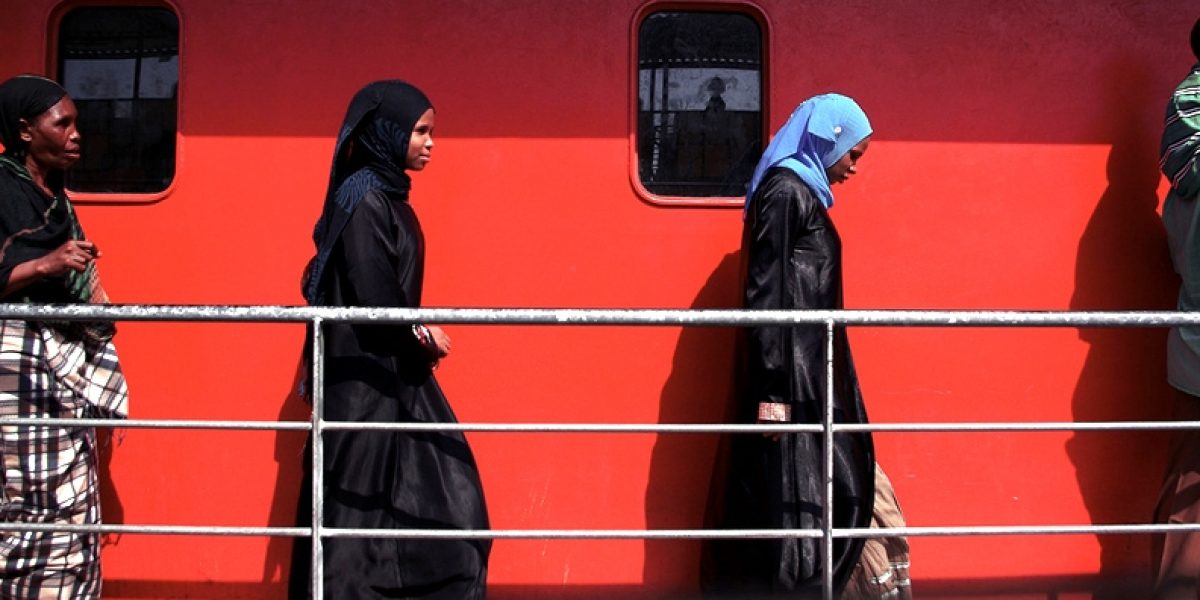As the dust settles on Kenya’s divisive repeat elections, there is an understandable urge to move forward, to return to a sense of normalcy. Kenya is, after all, the most vibrant economy in the East African region and a bulwark against instability issuing from fragile neighbours.
With Mombasa as a key transport node connecting the hinterland as far as Rwanda and South Sudan with international markets, Kenya has a strong claim to the title of gateway to Africa. Last year the country’s GDP grew at 5.8%, while the continental average was an abysmal 1.3%. Yet, if there is one takeaway from Kenya’s elections, it’s that Kenya itself – its economy, institutions and society – is disconcertingly fragile.
When Kenya’s Supreme Court annulled Kenya’s national election results on 1 September this year it was an unprecedented moment. The fact that a country’s judicial system had the confidence and independence to annul election results and, even more surprising, that the winner of that election would accept the court’s decision, seemed to be a highpoint in Africa for democratic principles and the separation of powers that is so fundamental to the effective functioning of the modern state.
As Kenya moved towards the end of October deadline set by the Supreme Court for new elections, the mood was one of exhilaration and impatience. Without doubt the deadly 2007 elections, where as many as 1 400 Kenyans died in post-election violence, cast a long shadow.
The violence had erupted between supporters of Raila Odinga, representing the Orange Democratic Movement, and Mwai Kibaki, competing under the National Alliance Party ticket. Yet, subsequent to the violence of 2007 a power-sharing deal had been brokered by former UN secretary-general Kofi Annan, a new constitution had been adopted in 2010, and Odinga and Kenya’s current president, Uhuru Kenyatta, had faced off in national elections in 2013, which had been largely peaceful. Many reasoned that if the country had been able to navigate the shock annulment of the elections with little violence, it was unlikely that order would break down during the repeat elections. Meanwhile, many tourists and businesses were hedging their bets by giving the country a miss or putting off investments. Kenyans generally seemed anxious to get the elections over with so that the country could get back to business.
In the final weeks ahead of the repeat elections, however, the political mood took a turn for the worse. A senior election official fled the country, claiming that the independence of the electoral commission had been compromised, Raila Odinga withdrew from the repeat elections, a police driver of a Supreme Court judge was shot and the Court could not achieve a quorum days before the election to consider a petition to postpone the election. Political rhetoric became polarised and acerbic.
With Odinga out of the race, Kenyatta won 98% of the vote, but Odinga has refused to recognise the election results as legitimate. Police have put the death toll at 19, but human rights groups say it is more than 70; an untenable figure, yet certainly it could have been far worse. A widespread breakdown of order within the security forces or the mobilisation of vigilante groups could have seen the country return to the levels of violence experienced during the 2007 elections.
Institutions need strengthening
The elections have revealed the continued prevalence of ethnically based identity politics and the vulnerability of the country’s democratic institutions. Questions around corruption and ethnic favouritism dominated electioneering far more than concrete policy debates. Both Odinga and Kenyatta seemed willing to play a dangerous game of political brinkmanship that placed the country’s economy and the lives of its citizens at risk.
Hackneyed as it may sound, there is little hope for fundamental change without effective dialogue and inclusive development that transcends ethnic identities. The broader project embarked on a decade ago following the violence of the 2007 elections, which aimed to fundamentally alter the political culture of Kenya, has faced a significant setback.
Kenya’s strong economic growth in recent years has not placated the country’s citizens, their demand is for clean, inclusive and responsible government. President Kenyatta, who is likely to have his legitimacy contested for the remainder of his term, must broaden his political message and ensure that the country’s institutions are strengthened, a project that will require engagement across the political spectrum and the engagement of all sectors of society.








